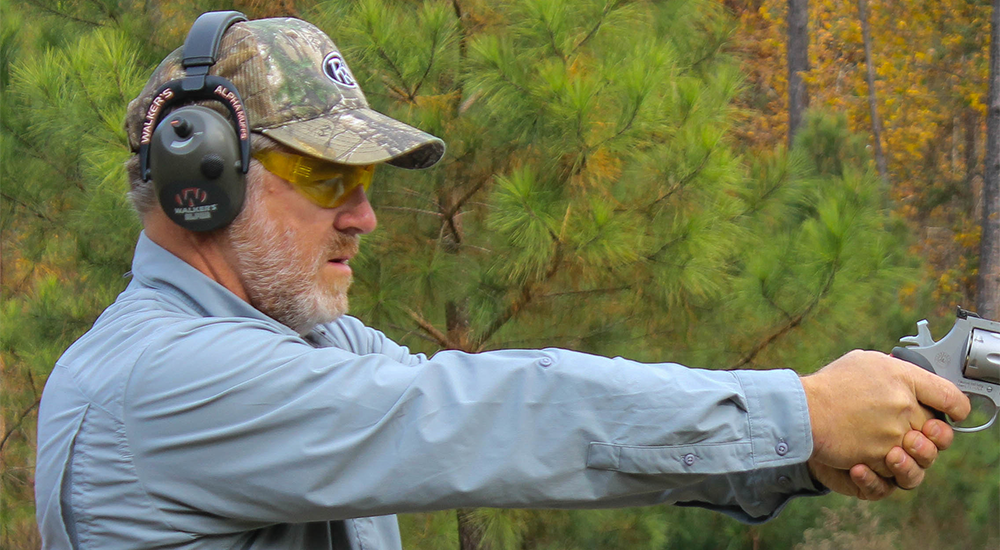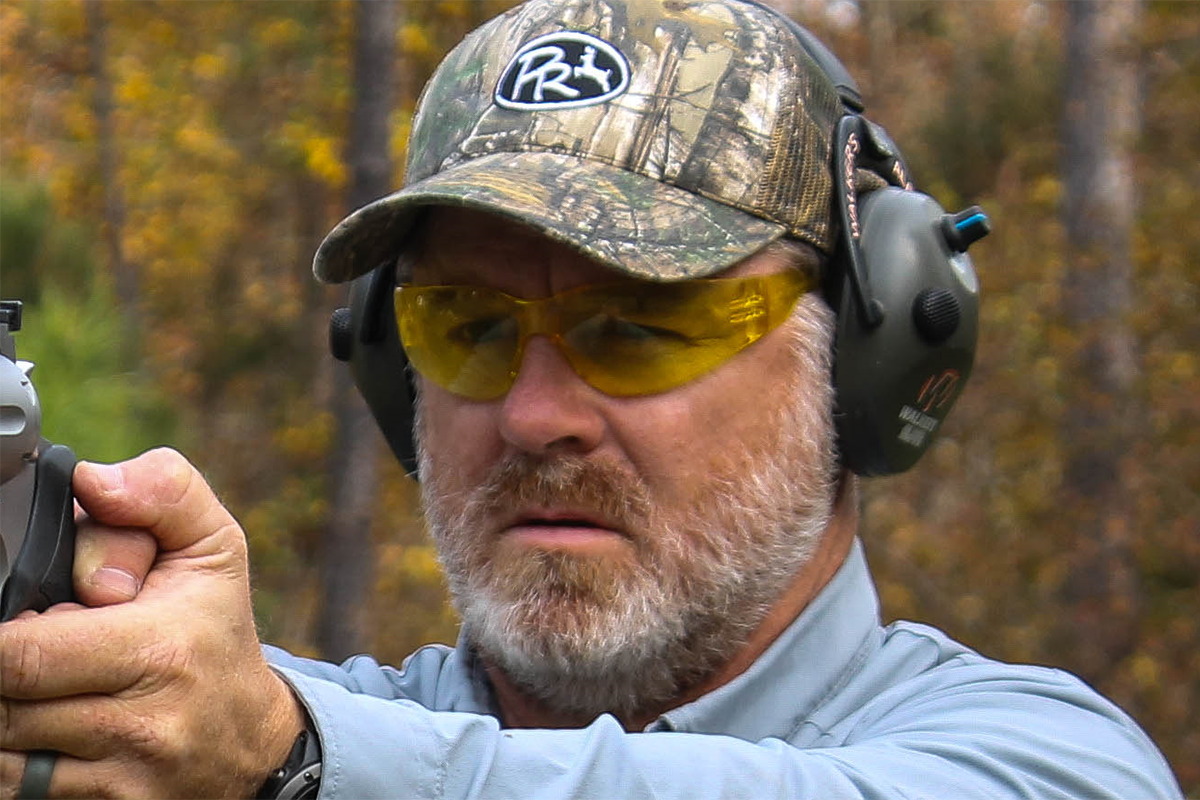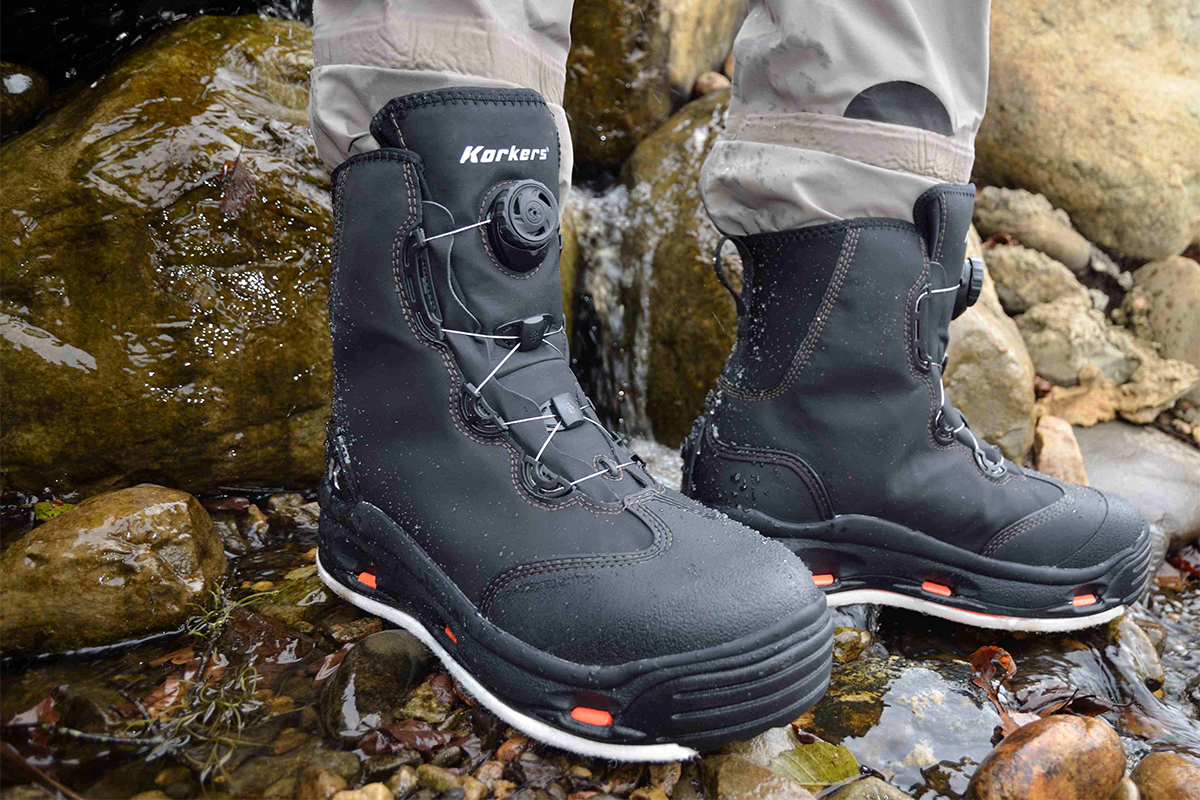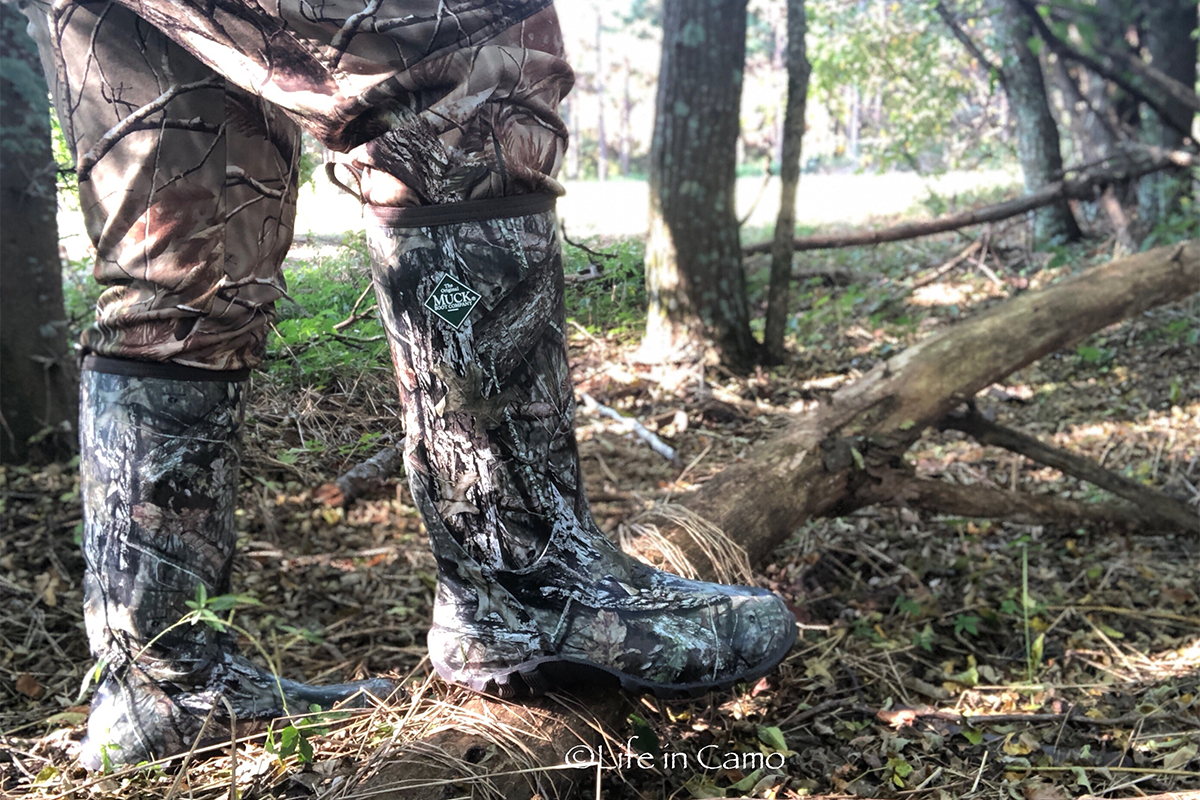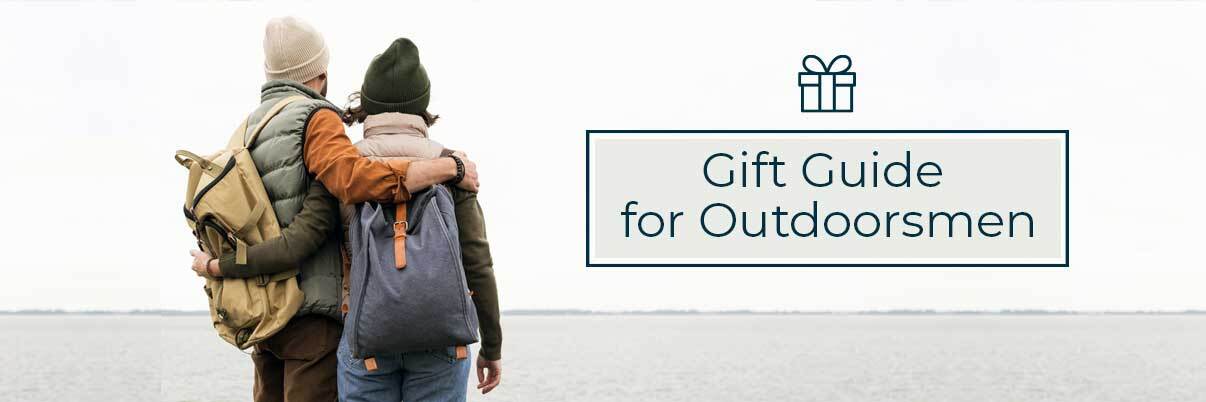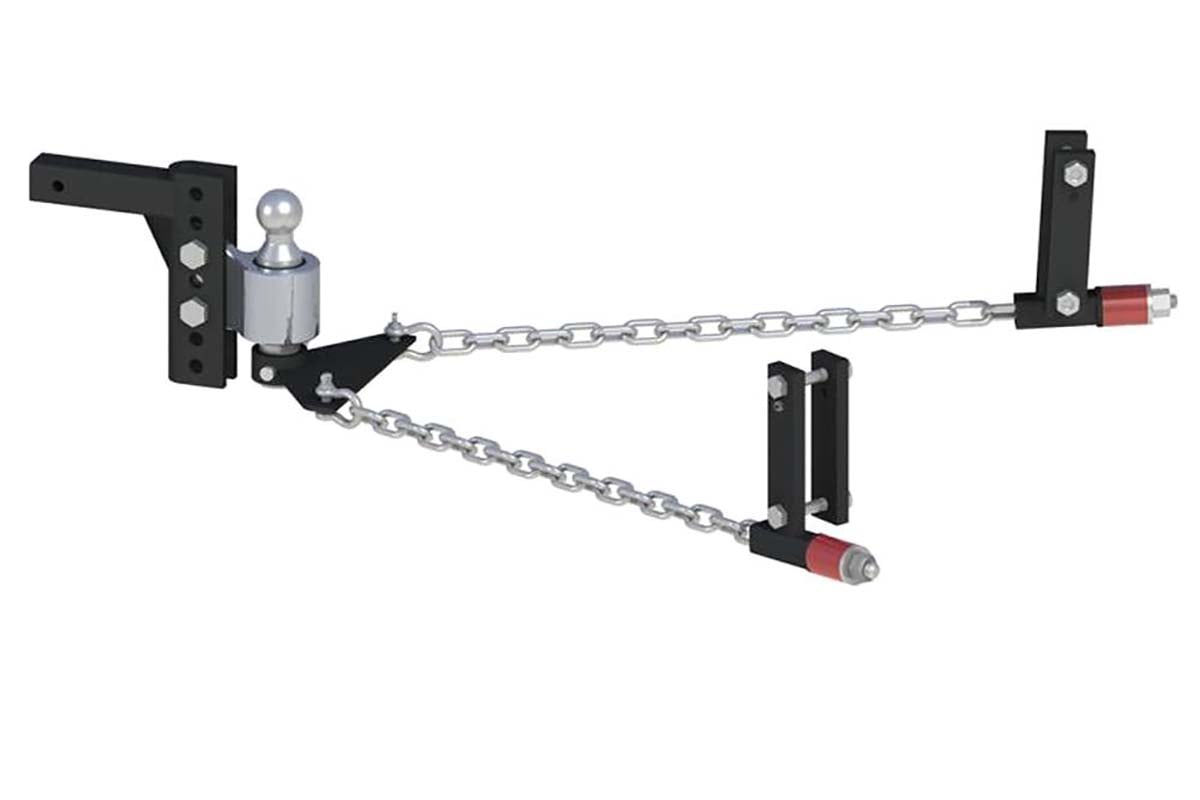By Pete Rogers
At an event recently at the Palmetto Shooting Complex in Edgefield, SC, one of my colleagues was asked to wear hearing protection prior to beginning a round of sporting clays. His response was confusing and alarming: “I never wear ear plugs and my doctor says my hearing is fine.” He said. A few of us looked at one another puzzled at his stubbornness. Thankfully, strict rules prohibited him from firing a shot without some protection.
For decades I have seen sportsmen refuse to wear hearing protection as some proof of testosterone. They thought it silly or weak to wear protection against gun fire. Many sportsmen of a different generation are deaf as a post due to this way of thinking. Science has taught us differently for decades now. But there seems to still be a faction of outdoorsmen and women who continue to refuse to protect one of their most valuable senses. Let’s take a look at the science behind hearing damage and protection and see if we can make sense of it all.


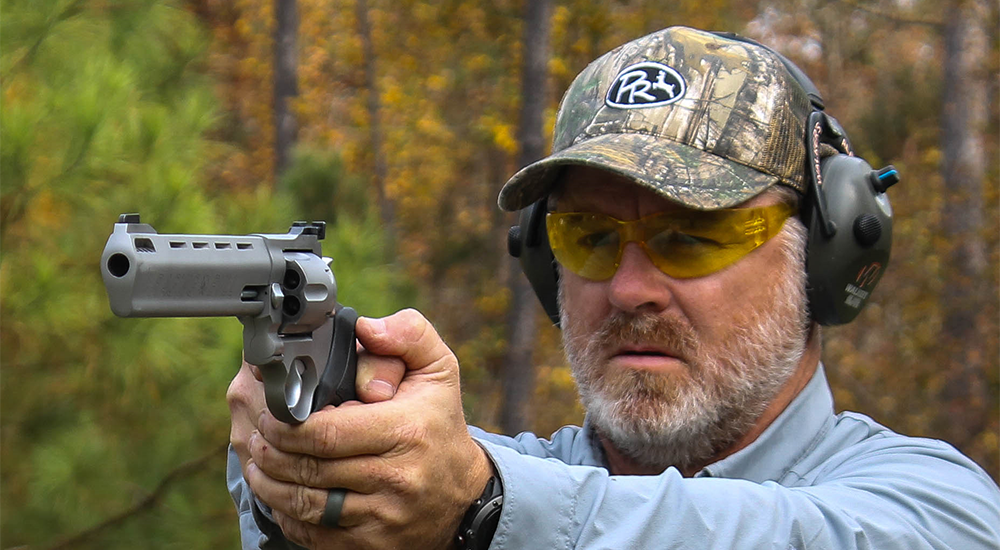
The Science Of Hearing Protection
Scientists tell us that any noise above 140dB can cause permanent hearing loss. Notice the use of the wording here: “permanent loss.” That is pretty emphatic. Any noise that is suddenly introduced to our inner ear above 140dB can cause permanent hearing loss. That is roughly the sound of a .22 long rifle being fired from a rifle. Large caliber rifles and most pistols have a decibel level exceeding 175dB. While the difference may not seem like a lot, in the world of hearing damage that is sizeable. Other factors play into these numbers as well. Someone firing a gun at an indoor range will experience greater sounds from the reverberation and echo from the gun being fired than will someone firing outside. There is nowhere for the sound to go, so it just bounces around. Muzzle brakes do wonders in reducing felt recoil, but also add up to 11 dB from the blast due to the gasses being thrown in different directions instead of away from the shooter. Different ears can experience different amounts of damage also. Studies indicate that the ear closest to the muzzle experiences about 3-7 dB more than the ear further away. The left ear in right handed shooters will suffer greater damage than will the right ear due to its proximity to the muzzle. Handgun hunters and shooters have greater threat to hearing loss due to the short barrels and very loud reports from all handguns. As someone who really enjoys handgun hunting, I learned long ago that not being able to hear anything other than ringing in my ears for days was not worth the “look” of having ear protection on. Today, I do not go to the range, or afield without my hearing protection. As someone who grew up in an age when hearing protection was in its infancy, I have learned the valuable lesson of wearing protection to keep the hearing I have left.